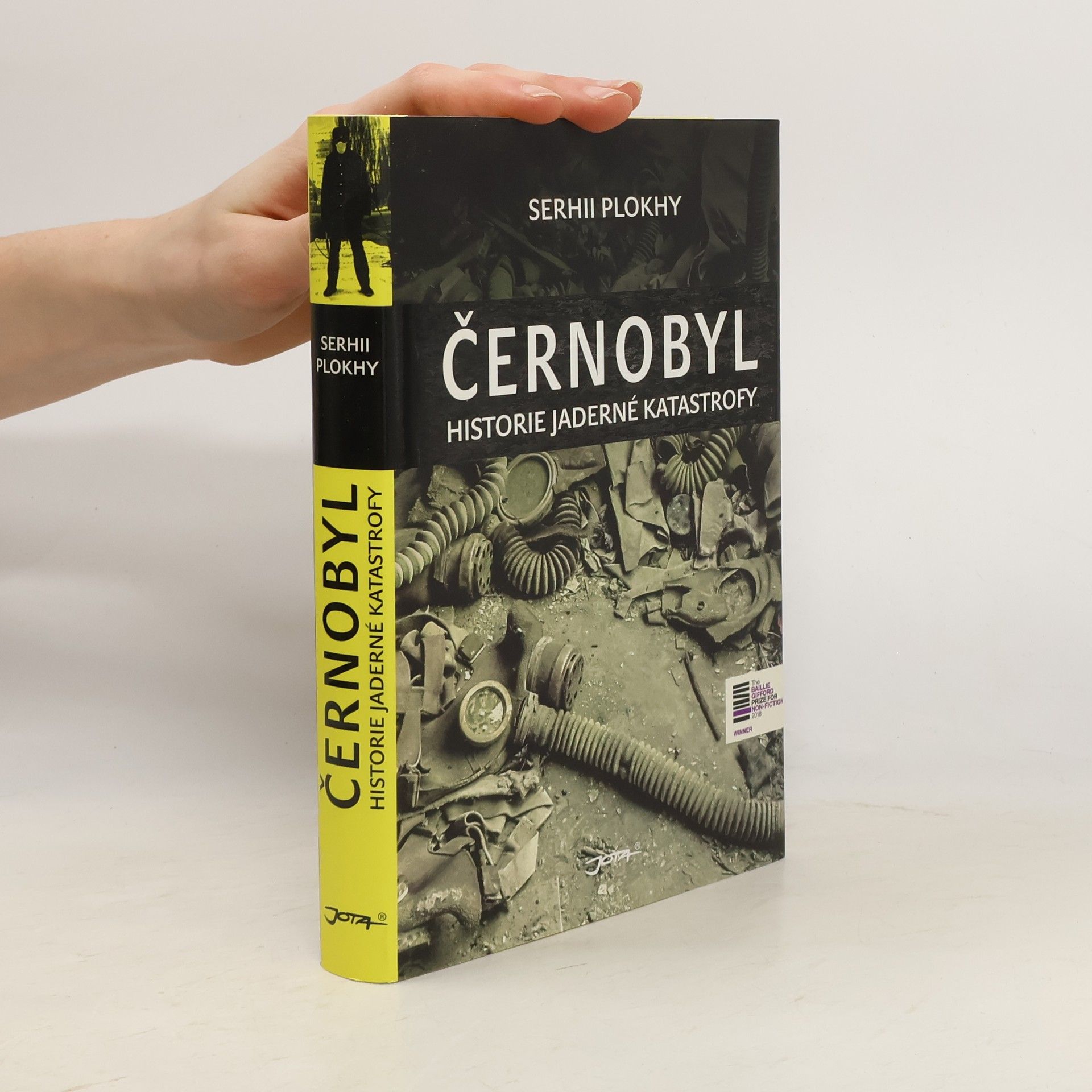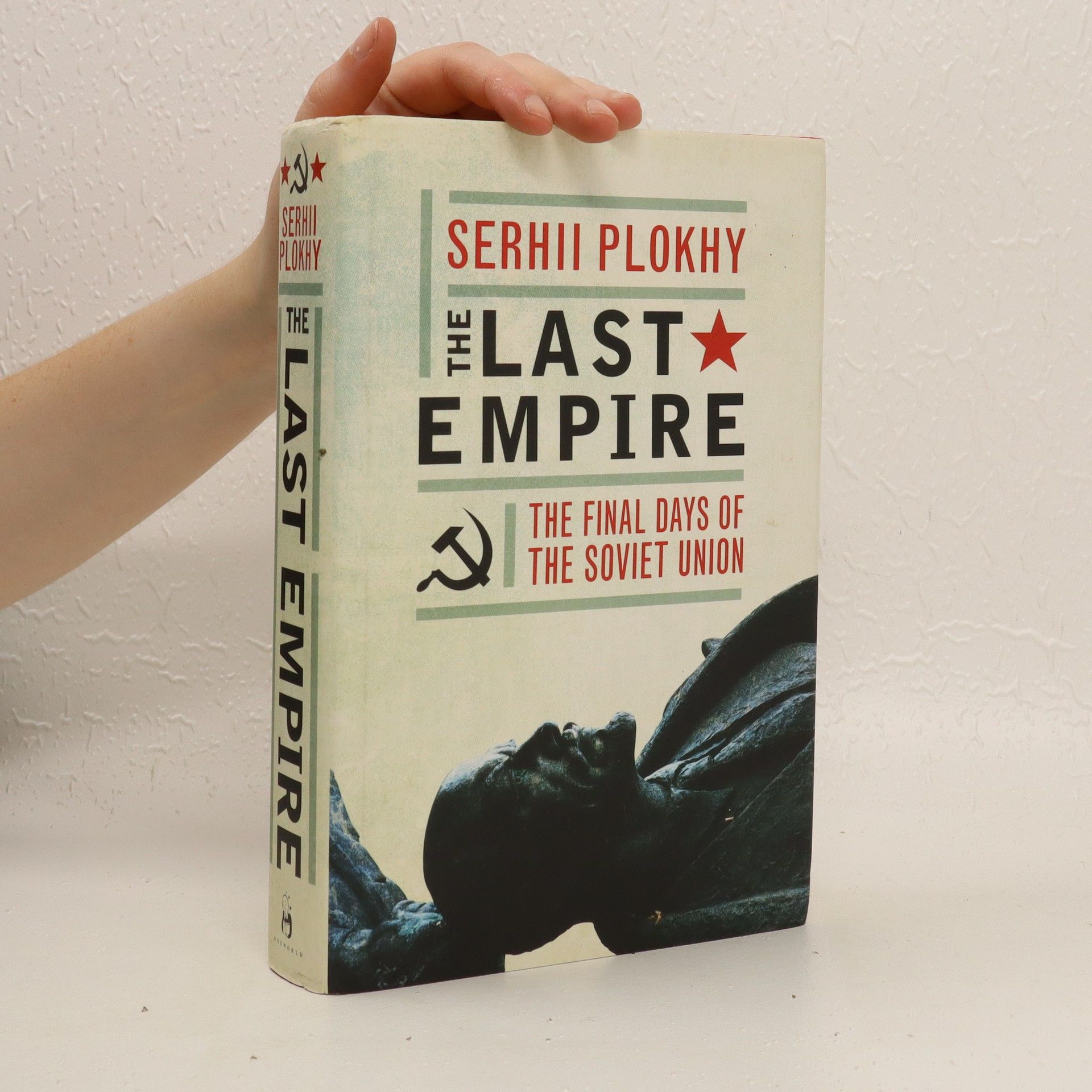Brány Evropy : dějiny Ukrajiny
- 432 stránek
- 16 hodin čtení
Tragická historie evropského národa.Ukrajina dnes bojuje s Ruskem o zachování své územní celistvosti a politické nezávislosti. Současný konflikt je však pouze poslední v dlouhé řadě bitev o území Ukrajiny a její existenci coby svrchovaného národa. Jak ve své nejnovější knize Brány Evropy píše oceněný historik Serhii Plokhy, k pochopení současnosti a budoucnosti Ukrajiny je třeba dobře poznat její minulost.Ukrajina byla utvářena říšemi, které ji využívaly jako strategickou bránu mezi Východem a Západem – od římské říše přes osmanskou po nacistické Německo a Sovětský svaz. Po staletí se na jejím území setkávaly různé kultury. Mísením usedlých a kočovných národů a křesťanství s islámem ve stepním pohraničí vznikla třída bojovných kozáků; ze střetu mezi katolickou a pravoslavnou církví vzešla náboženská tradice sbližující západní a východní křesťanství.Současná krize je tragickým případem opakování historie, kdy se Ukrajina znovu ocitá v centru bitvy globálních rozměrů. Kniha Brány Evropy coby odborně věrohodné dějiny této významné země poskytuje jedinečné nahlédnutí do původu nejnebezpečnější mezinárodní krize od dob studené války.




